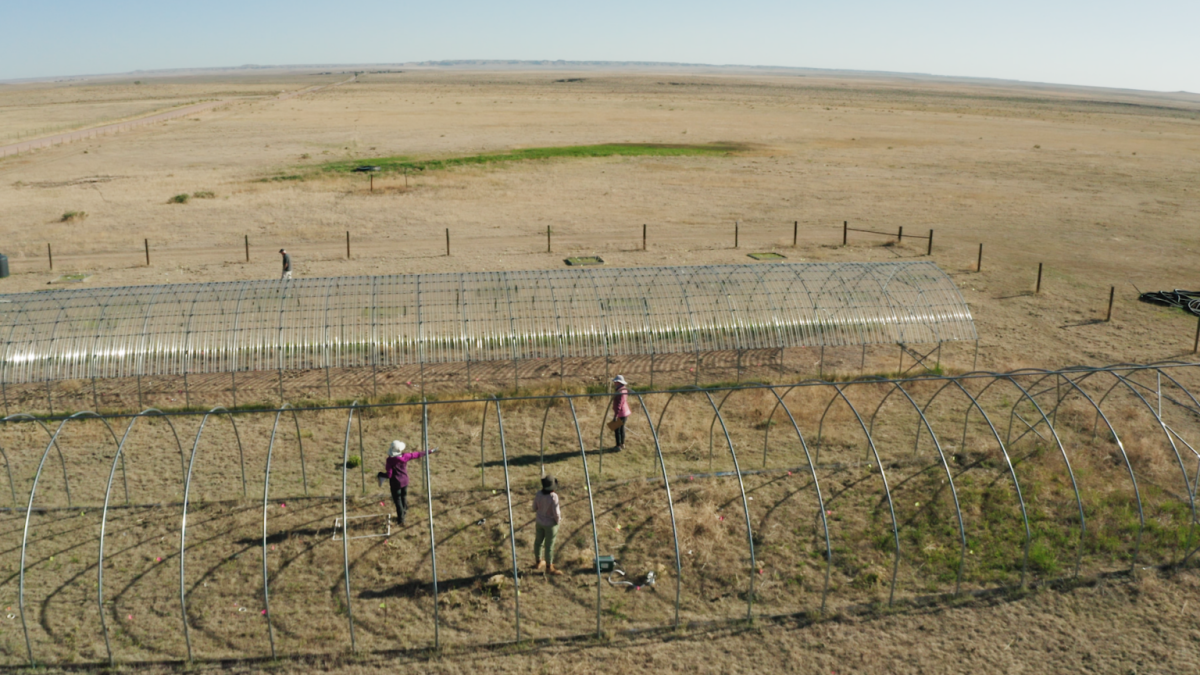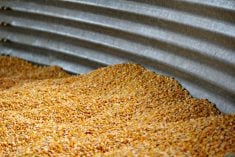The European Union’s food safety regulator has added a BASF insecticide to the list of crop chemicals it suspects of playing a role in declining bee populations.
The European Food Safety Authority (EFSA) said in a statement on Monday that BASF’s fipronil poses an “acute risk to honeybees when used as a seed treatment for maize,” citing dust drift in particular.
BASF has until June 14 to file a comment on the report with the European Commission, which will discuss a possible ban with EU government officials in July.
Read Also

Prolonged drought causes unprecedented productivity loss: Study
Colorado State University — Extreme, prolonged drought conditions in grasslands and shrublands would greatly limit the long-term health of crucial…
The EU last month moved to ban three of the world’s most widely used pesticides for two years because of fears that they are linked to a plunge in the population of bees critical to the production of crops.
The ban affected pesticides known as neonicotinoids, produced mainly by Germany’s Bayer and Switzerland’s Syngenta, despite the EU’s 27-member states failing to reach an agreement on the matter.
BASF, which declined to provide fipronil sales figures, said in its statement on Monday that EFSA’s assessment does not highlight any new risk to bee health from approved uses of fipronil.
“BASF and other experts remain convinced that the currently observed decline in bee populations results from other causes than use of seed treatment products containing fipronil,” it added.
BASF said that fipronil-based products have been on the market since 1993 and are used in more than 70 countries.
Fipronil is not on BASF’s product roster in Canada, nor is it now registered with Health Canada’s Pest Management Regulatory Agency.
In the U.S., the chemical is an active ingredient in BASF’s seed treatment Regent 4SC, which is only authorized there for in-furrow use in potato crops.
Regent’s conditional registration with the U.S. Environmental Protection Agency (EPA) for in-furrow use in U.S. corn crops was allowed to expire in 2009. According to BASF, the EPA felt “a number of viable alternatives exist for treating corn furrows for rootworm control.”
Unlike neonicotinoids, fipronil is not widely used in Europe, with only five countries using it for maize production. — Reuters, with files from AGCanada.com Network staff















